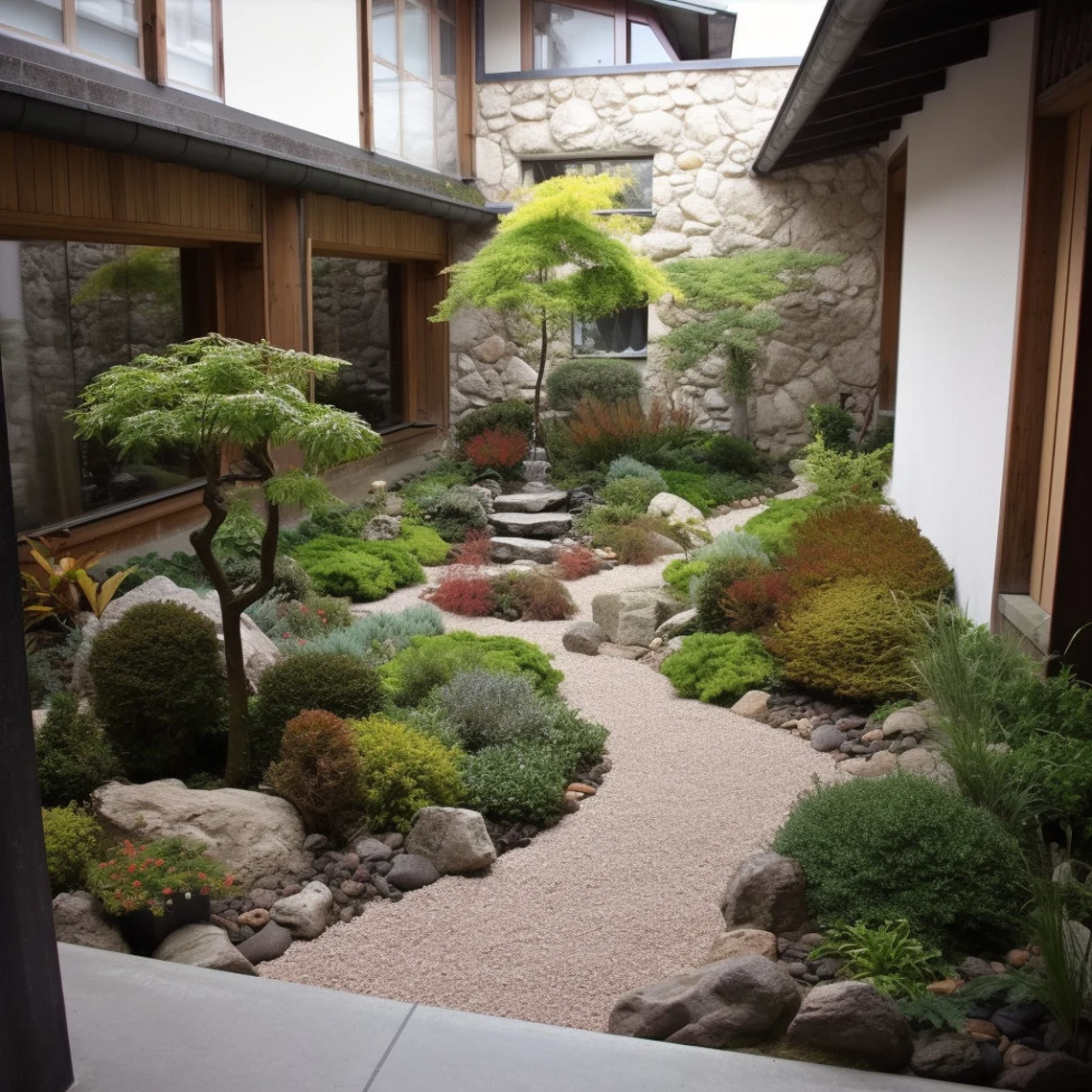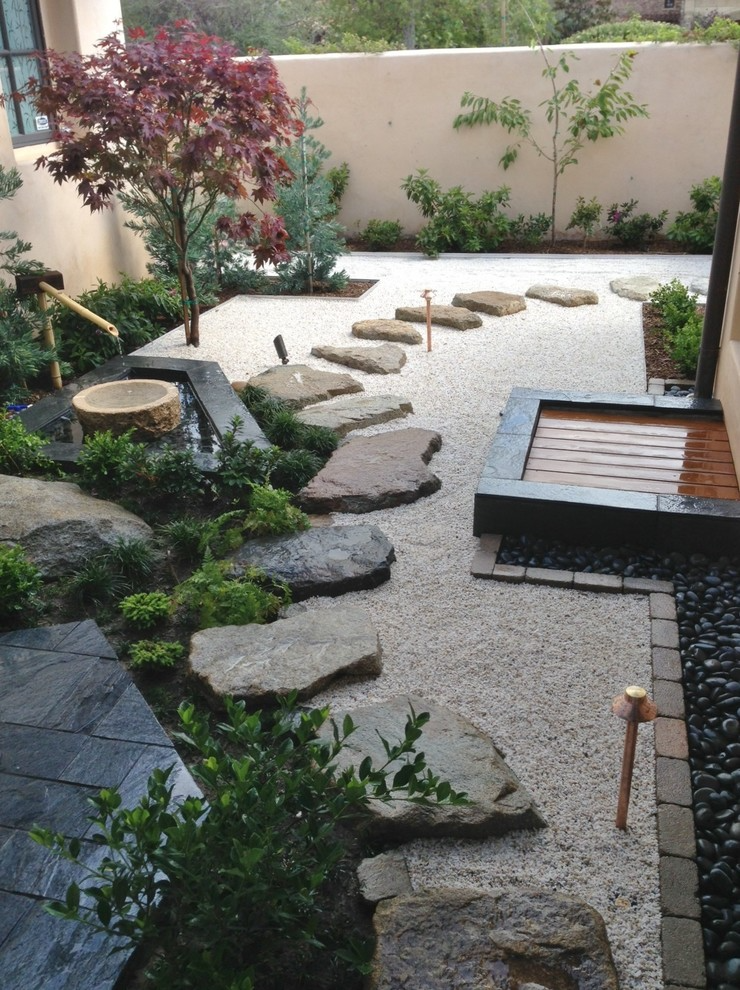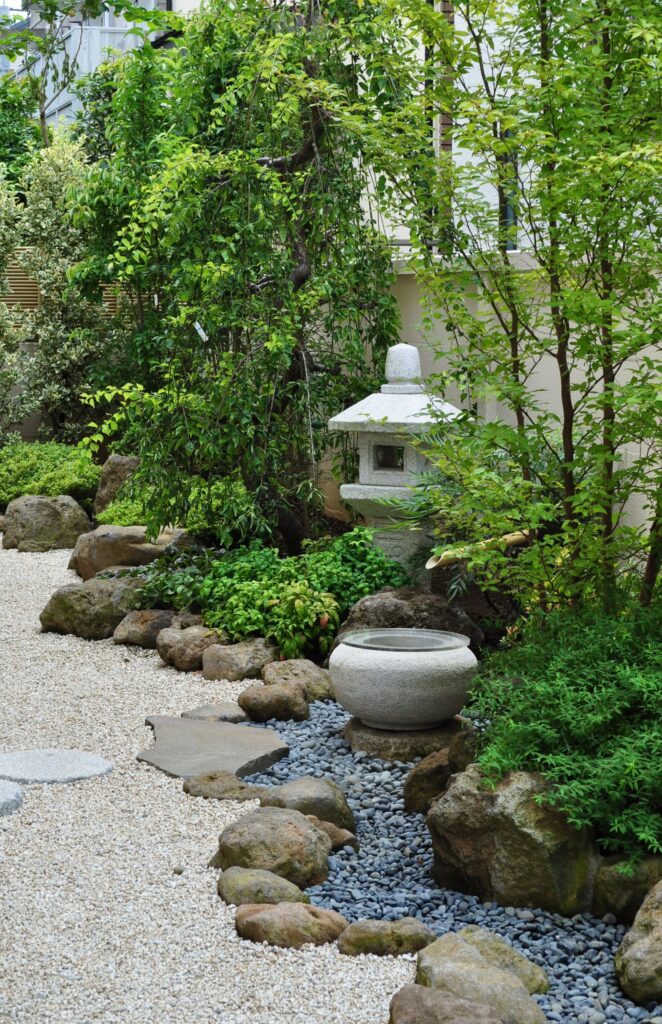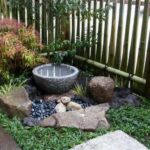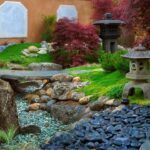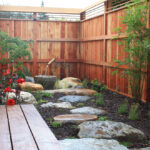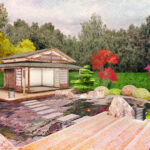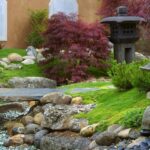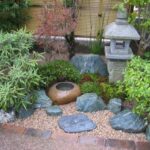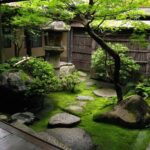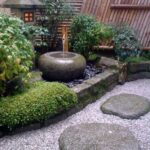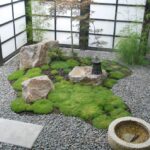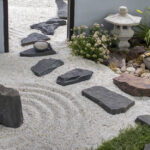Zen garden design is a traditional Japanese practice that aims to create a tranquil and serene outdoor space for meditation and contemplation. The principles of Zen garden design focus on simplicity, minimalism, and harmony with nature. By carefully arranging rocks, gravel, plants, and water features, designers can create a peaceful sanctuary that promotes relaxation and mindfulness.
One of the key elements of Zen garden design is the use of rocks to represent natural elements such as mountains, islands, or waterfalls. These rocks are often carefully selected and placed in a way that creates a sense of balance and harmony. By arranging the rocks in a specific pattern or formation, designers can evoke a feeling of calm and tranquility in the garden.
In addition to rocks, Zen gardens often include gravel or sand that is raked into patterns to symbolize water or waves. This practice, known as karesansui, or “dry landscape,” is a distinctive feature of Zen garden design. The act of raking the gravel is considered a form of meditation and can help to promote a sense of peace and mindfulness for those who interact with the garden.
Plants also play a crucial role in Zen garden design, with an emphasis on using native species that are well-suited to the local climate and environment. Trees, shrubs, and flowering plants are carefully chosen and placed in a way that complements the overall design of the garden. By incorporating plants that are known for their calming and soothing qualities, designers can create a space that promotes relaxation and contemplation.
Water features, such as ponds, streams, or waterfalls, are another common element in Zen garden design. These features not only add a sense of movement and mindfulness to the garden but also help to create a sense of harmony with the natural world. The sound of running water can be incredibly calming and can help to drown out the noise of the outside world, allowing visitors to fully immerse themselves in the peaceful atmosphere of the garden.
Overall, Zen garden design represents a unique and timeless approach to creating outdoor spaces that promote tranquility, mindfulness, and harmony with nature. By incorporating elements such as rocks, gravel, plants, and water features, designers can create a peaceful sanctuary that provides a much-needed refuge from the stresses and distractions of daily life. Whether used for meditation, reflection, or simply as a place to unwind, Zen gardens offer a beautiful and calming escape for those seeking a moment of peace and serenity.
 yishifashion Where Outdoor Dreams Become Reality
yishifashion Where Outdoor Dreams Become Reality
